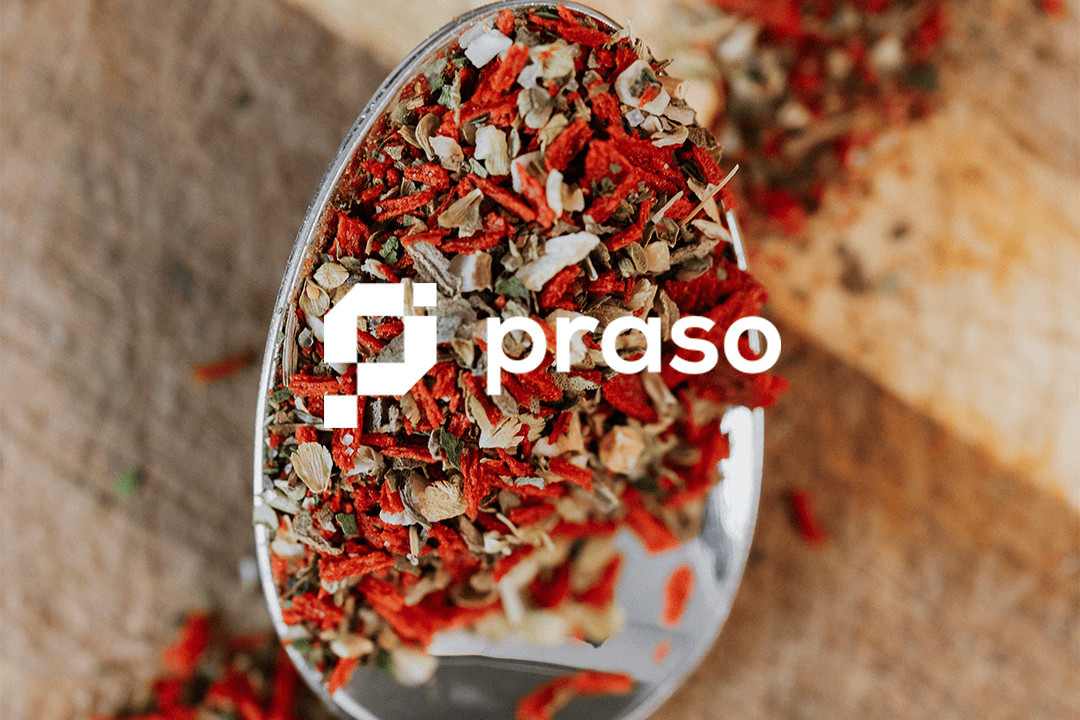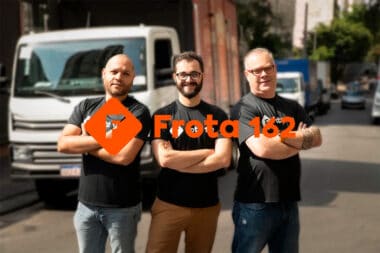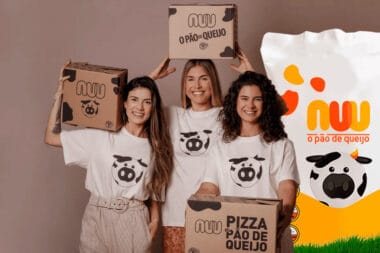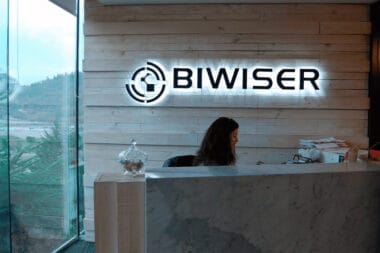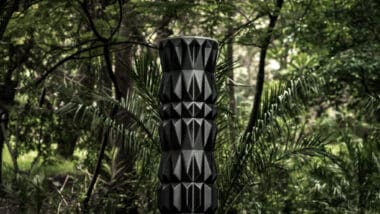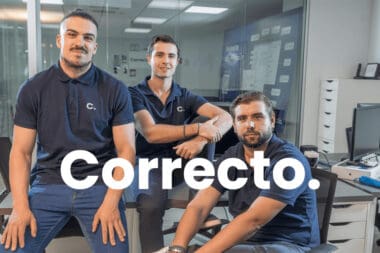Praso, a rising Brazilian foodtech startup specializing in distribution services for small businesses like bars and restaurants, recently announced a significant USD $9.5 million investment.
The financing round was led by Valor Capital Group and NFX, with additional contributions from Base Socios, Formus Capital, Iporanga Ventures, and Endeavor Scale-Up. Based in Recife and boasting over 10,000 national users, the company has ambitious plans for this new capital.
Samuel Carvalho, CEO and founder of Praso and a Stanford University alumnus, expressed enthusiasm about the fresh injection of funds, stating it will allow the platform to extend its reach across Brazil. Moreover, the investment will be used to acquire the intellectual property of Floki, another foodtech startup that utilizes artificial intelligence to streamline purchasing for small food and beverage establishments.
This investment in Praso comes amidst a broader context of growth and funding in the Latin American foodtech industry. According to a 2022 report from Endeavor and Pepsico, the sector has seen a dramatic surge in investment over the past decade, totaling USD $1.7 billion across 206 capital rounds. Remarkably, the years 2020 and 2021 alone account for 64% of all capital invested in the sector since 2011.
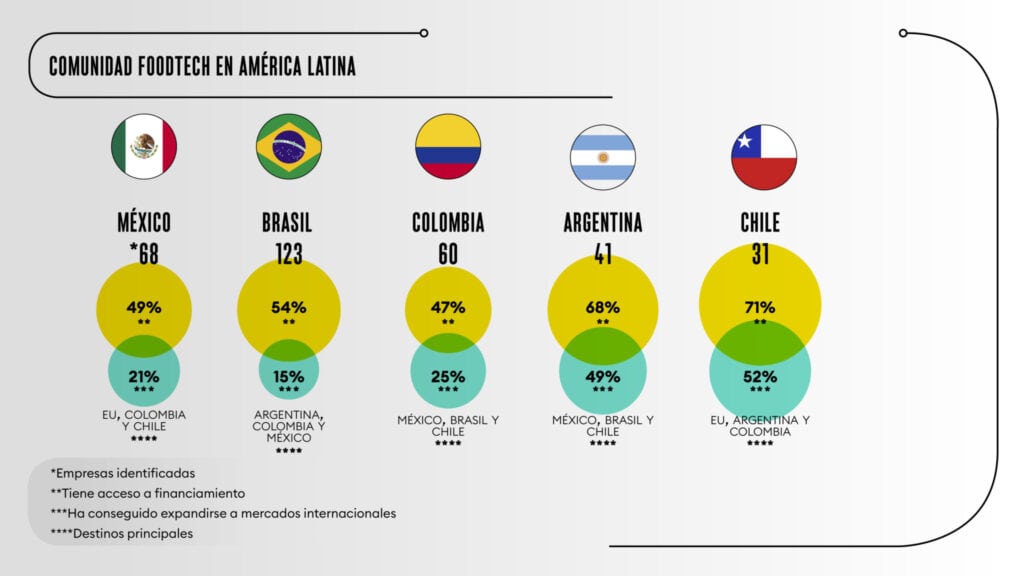
Foodtech companies in Latin America also notably impact employment, generating over 29,000 direct jobs. However, only 15% of Brazilian companies in the sector have expanded their operations internationally, compared to 52% in Chile and 49% in Argentina. Those with international operations tend to record higher sales.
Praso was founded with the mission to transform commercial transactions in the food services sector, offering not just distribution and logistics but also credit and data analytics. Their platform and app allow for 24-hour deliveries and offer flexible payment terms—critical aspects for small businesses.
With this new funding, Praso joins the growing community of foodtech companies in the region, which already has a user base of 1.03 million and has generated more than 97,000 pieces of online content between 2019 and 2021.
